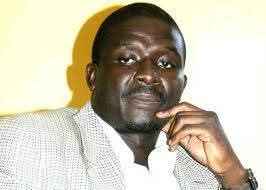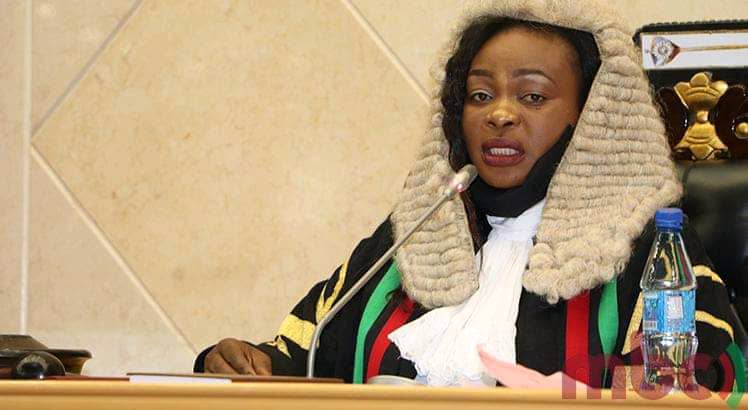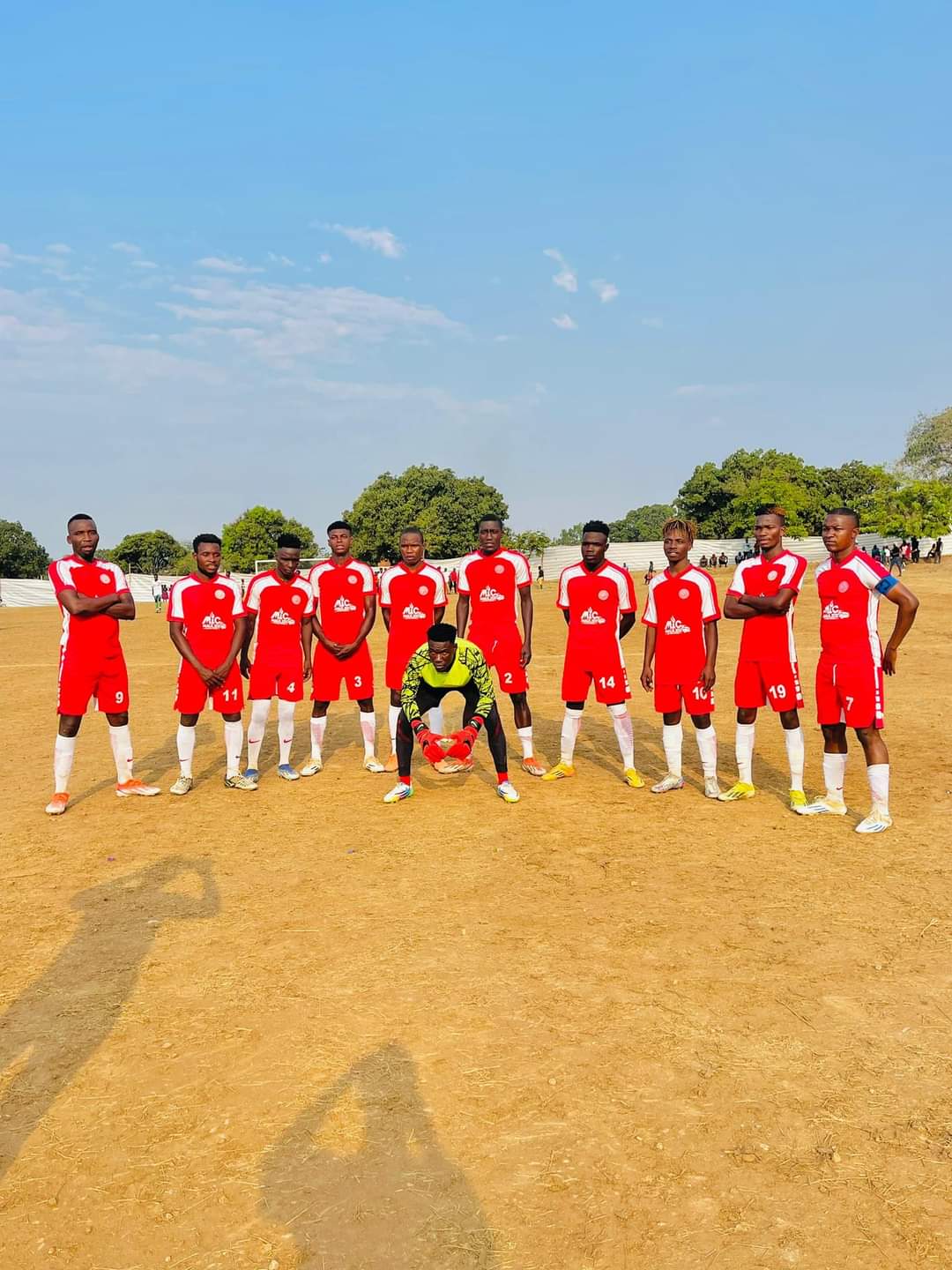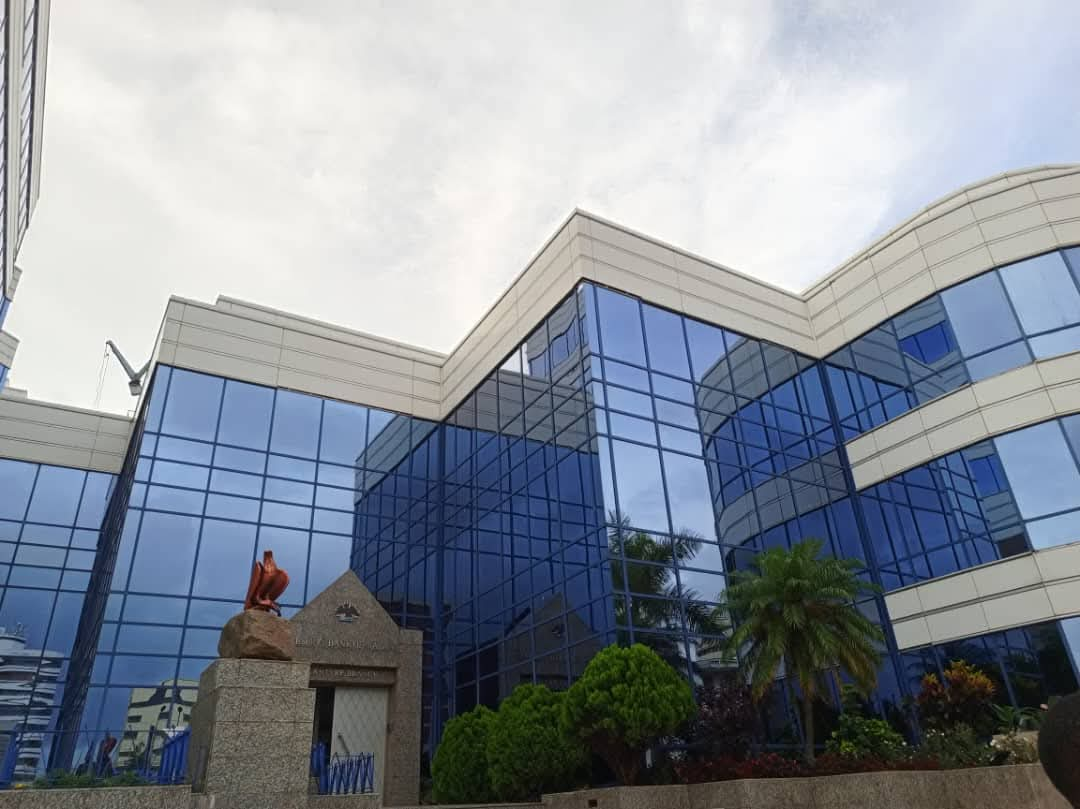By Undule Mwakasungula – (Right Activist)
As we get closer to election day, 16th Sept we have seen many opinion polls being released in the country. On the surface, one would think these polls are meant to help voters understand where the race stands and to guide people in making informed choices.
But when I look at how these polls are being done and the timing of their release, I believe they add very little value to our electoral process. Instead of helping democracy, these polls are bringing more confusion and suspicion. To me, they look more like propaganda than genuine research.
The first problem is that most of these polls seem are sponsored by firms with hidden interests. Behind every poll there is someone who pays for it, and that person or institution usually has an agenda.
A political party may fund a poll to make it appear as though their candidate is already winning, hoping to discourage the other players. When you look at it this way, it is hard to see opinion polls as neutral or honest. They are often just tools to advance a certain side.
Secondly, polls have become a hot business. Pollsters are not always independent researchers. Many of them run polling as a commercial venture, where results could be packaged and sold.
Others work almost like campaign consultants, shaping the data to fit the story their clients want to tell. When polling is done this way, it loses credibility. Instead of presenting a clear picture of public opinion, it becomes an exercise in spin and manipulation.
Even if we assume good intentions, it is almost impossible for pollsters to be fully unbiased. Pollsters are people, and people have political opinions. This personal bias could show in the way questions are asked, in the areas chosen for the survey, and in the way results are interpreted.
The timing of these polls also raises questions. Most of them have released closer to voting. This is not innocent. It is done to influence voters rather than inform them.
These last-minute polls are meant to create what is known as the “bandwagon effect.” They are trying to show that one candidate is already in the lead, so undecided voters will join the supposed winner, while supporters of other candidates may lose hope and stay home.
This is not healthy for democracy. It undermines the principle that every voter should make up their own mind freely.
The reliability of the science behind polling is another issue. In many African countries, including Malawi, polling methods are weak. They leave out a large part of the population out of the sample. Polls that exclude the majority cannot claim to represent the nation.
The results then paint a false picture, and when the official results differ, people quickly suspect fraud, even if the election was fair.
In fragile democracies, polls are even more harmful. Many citizens do not fully understand how polls work, so they take the numbers as final truth. If the polls show one candidate as winning, people may feel there is no point in voting, thinking the result is already decided.
Others may lose confidence in the entire process. The biggest danger comes after the election. If the official results do not match what the polls predicted, many people assume the election was stolen. This could easily fuel protests, anger, and bloody violence.
We have seen this story before. In Kenya in 2007, opinion polls gave the impression that the opposition candidate was ahead. When the results went the other way, the country was thrown into chaos, and more than a thousand people lost their lives.
In Zimbabwe in 2008, misleading polls and delayed results deepened mistrust and unrest. Even in Malawi in 2019, the gap between polls and official results contributed to nationwide protests that eventually forced a historic fresh election. These examples show clearly that polls, when misused, could be a recipe for disaster.
Another problem is that polls do not just measure reality, they could also manufacture it. When voters hear again and again that one candidate is ahead before voting, they start believing it.
This creates a psychological victory before the first ballot is cast. Supporters of that candidate feel energized, while others may give up. In this way, polls act like hidden rigging. They do not stuff the ballot boxes, but they shape people’s minds in ways that could affect the outcome just as much.
For me, the conclusion is simple. Opinion polls in the way we are seeing them today are not tools of democracy but instruments of propaganda. They are poorly timed, badly conducted, and full of bias. Instead of educating voters, they are confusing them.
Instead of strengthening democracy, they weaken it. And instead of promoting peace, they risk fueling violence when expectations raised by polls do not match the reality of results.
That is why I believe these polls are dangerous and should be treated with caution. Without strong transparency, honesty, and professional standards, they stop being science and become another form of election rigging. If not handled carefully, they could be the spark that turns disappointment into anger and anger into violence after the polls. In a fragile democracy like ours, that is a risk we cannot afford to ignore.
Disclaimer, About the Author:
Undule Mwakasungula is a renowned Malawian governance, public policy, and human rights advocate. He has played a central role in advancing democracy, civic participation, and development dialogue in Malawi and across the SADC region.




